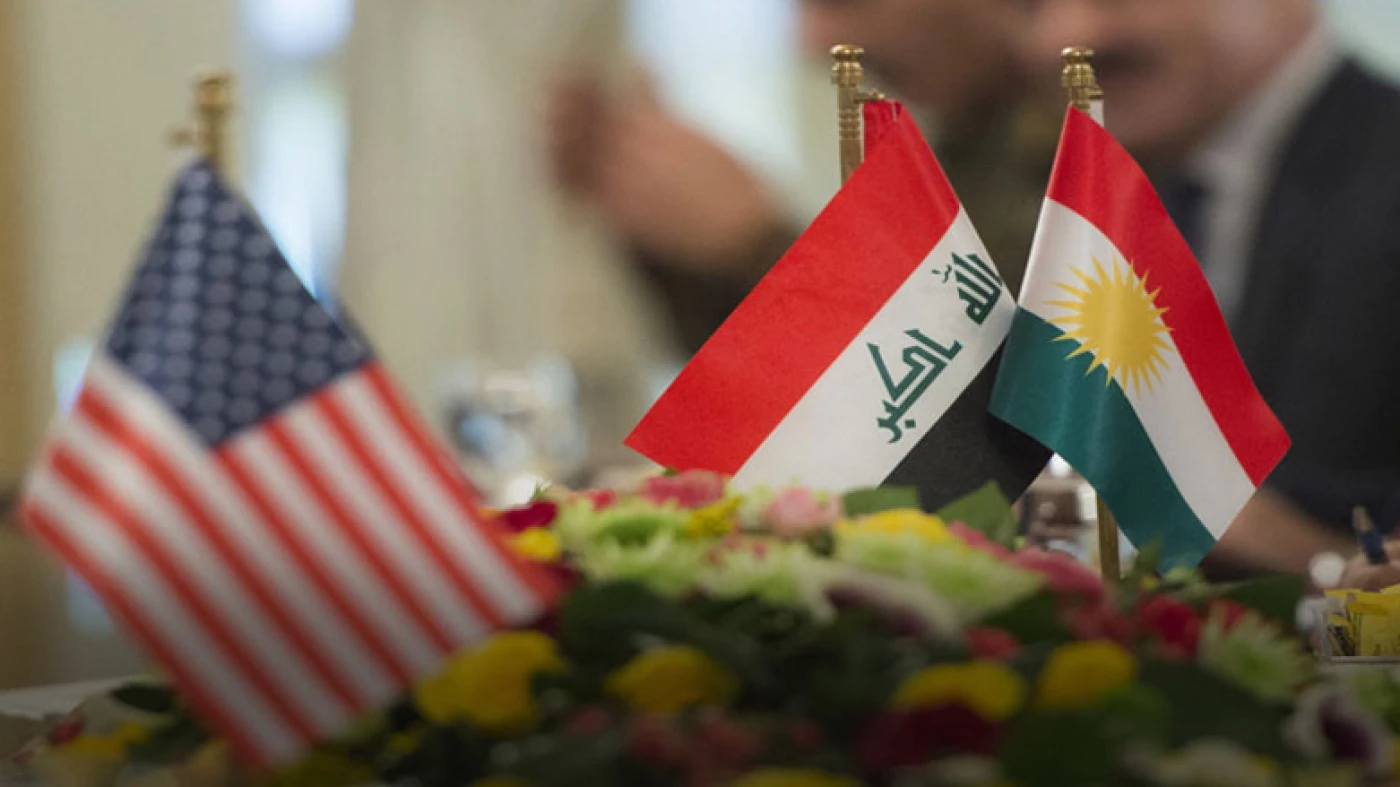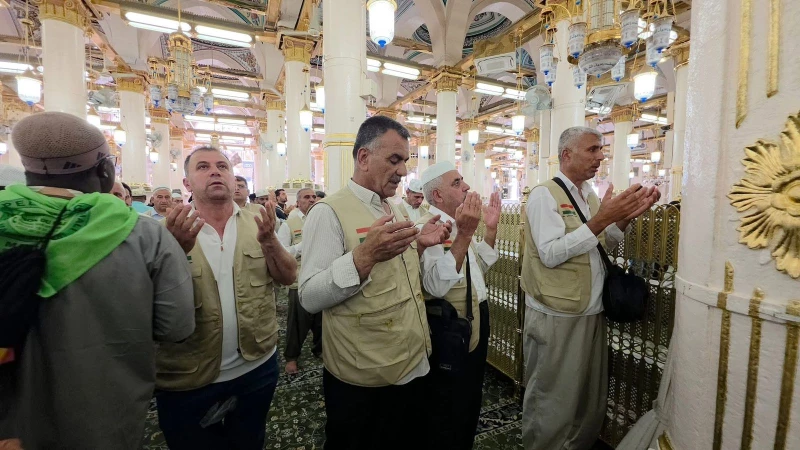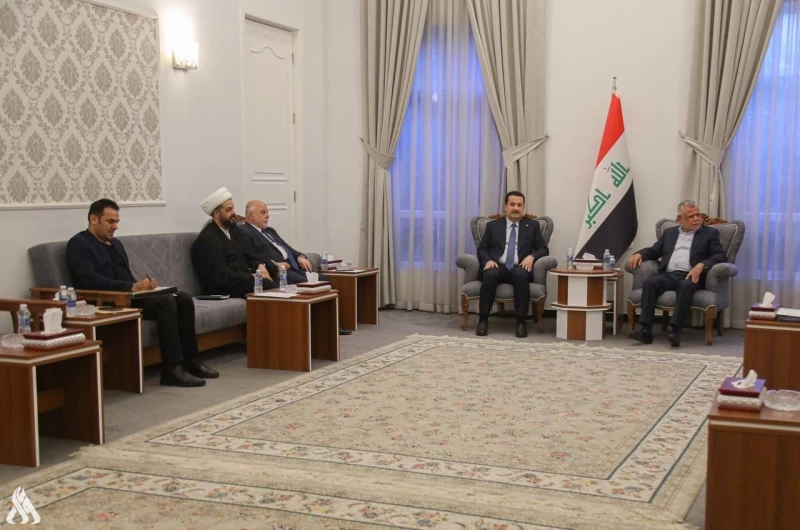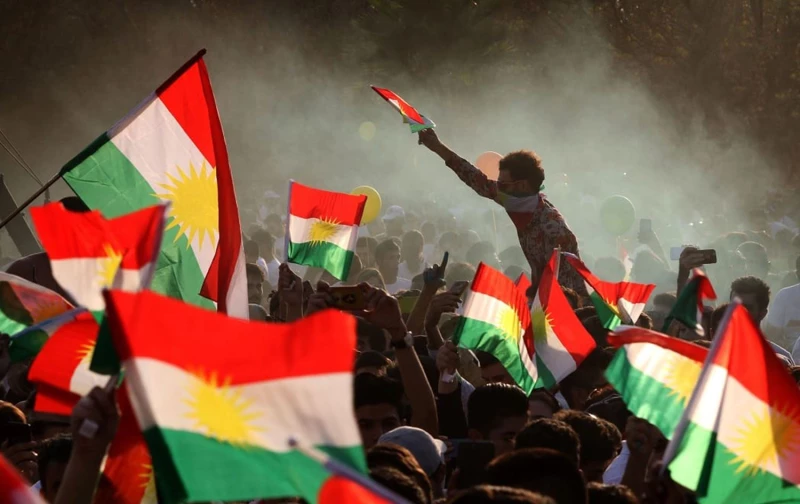ERBIL, Kurdistan Region of Iraq - The US urged Baghdad and Erbil to engage in “constructive dialogue” to resolve their budget issues, coming a day after the federal government abruptly decided to suspend funds to the Kurdistan Region for the rest of 2025.
In a letter to the Kurdistan Regional Government (KRG) on Wednesday, Iraqi Finance Minister Taif Sami stated that from 2023 to April 2025, the Kurdistan Region has transferred only 598.5 billion dinars out of its total combined oil and non-oil revenues of 19.9 trillion dinars.
Sami claimed that the Region has already exceeded its 12.67 percent share of the annual budget, totaling 13.5 trillion dinars, adding that the finance ministry “is unable to continue funding the Region."
"We urge both Baghdad and Erbil to make their constitutionally mandated payments and to resolve their issues through constructive dialogue,” the US State Department told The New Region on Thursday, adding that resolving “the payments issue quickly sends a signal that Iraq puts the interests of its people first and is creating an environment in which companies will want to invest.”
The fair distribution of the Kurdistan Region’s share of the federal budget has long been a point of contention between Erbil and Baghdad, despite an agreement reached earlier this year between both governments to ensure the transfer of the Region’s civil servants’ salaries for the entirety of 2025.
The State Department emphasized that Washington’s support for Erbil "remains a crucial element of our relationship with Iraq."
It also noted that a lasting solution to the Erbil-Baghdad budget dispute would "send a positive signal on possibilities for reopening the Iraq-Türkiye Pipeline.”
Exports of the Kurdistan Region’s oil through the Turkish Ceyhan pipeline, which also included part of Kirkuk’s oil, were halted in March 2023 after Ankara lost a case against Baghdad in a Paris-based arbitration court. The case accused Ankara of breaching a 1973 agreement by allowing Erbil to start selling oil independently of Baghdad.
Baghdad and Erbil announced in late February that they had reached an agreement to resume the Kurdistan Region’s oil exports to the international market, but the process has yet to restart, with international oil producers demanding payment guarantees, transparent implementation of Iraq’s budget law stipulations, and resolution of outstanding payments before resuming operations.
The halt in exports has severely impacted both Iraq and the Kurdistan Region's economy, resulting in tens of billions of dollars in lost revenue, while also giving Baghdad an excuse to repeatedly delay the payment of the Region’s civil servants’ salaries.
Baghdad’s decision to cut funds to Erbil comes a week after Kurdish Prime Minister Masrour Barzani visited the US, where he oversaw the signing of major deals with large US companies—one with HKN Energy and ONEX Group and another with WesternZagros—to strengthen the Region’s energy sector, a move that the Kurdish premier and US officials indicated would benefit all of Iraq.


 Facebook
Facebook
 LinkedIn
LinkedIn
 Telegram
Telegram
 X
X



